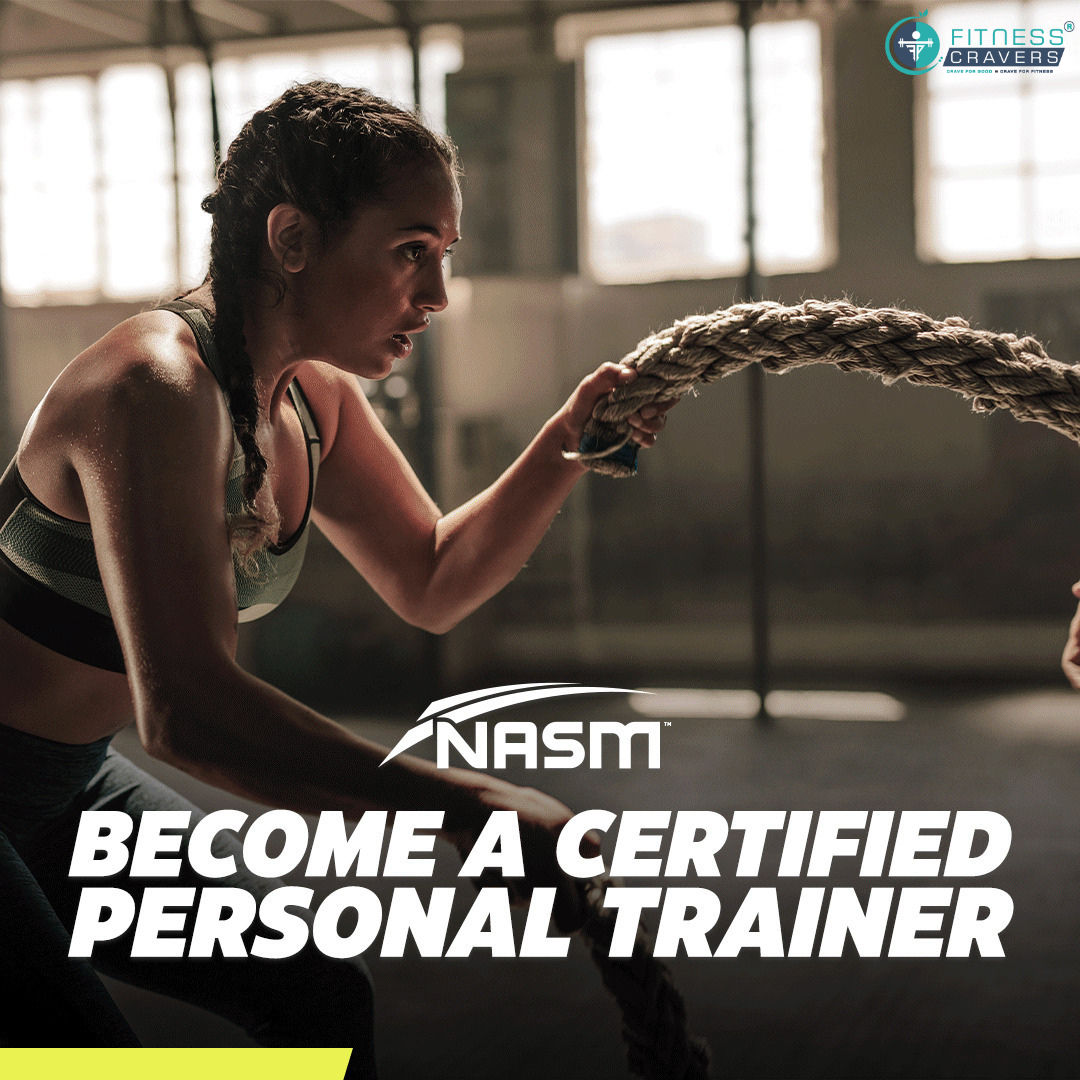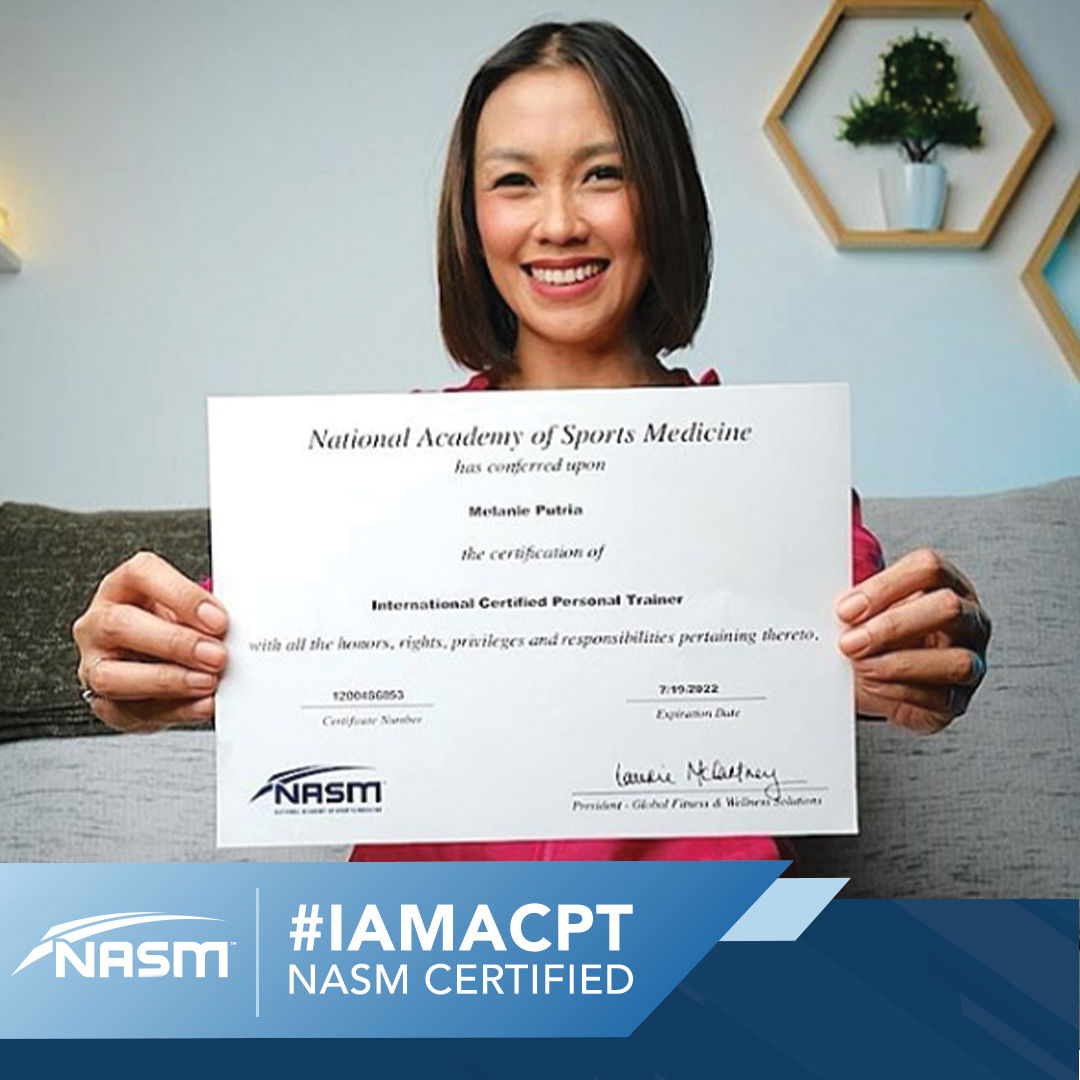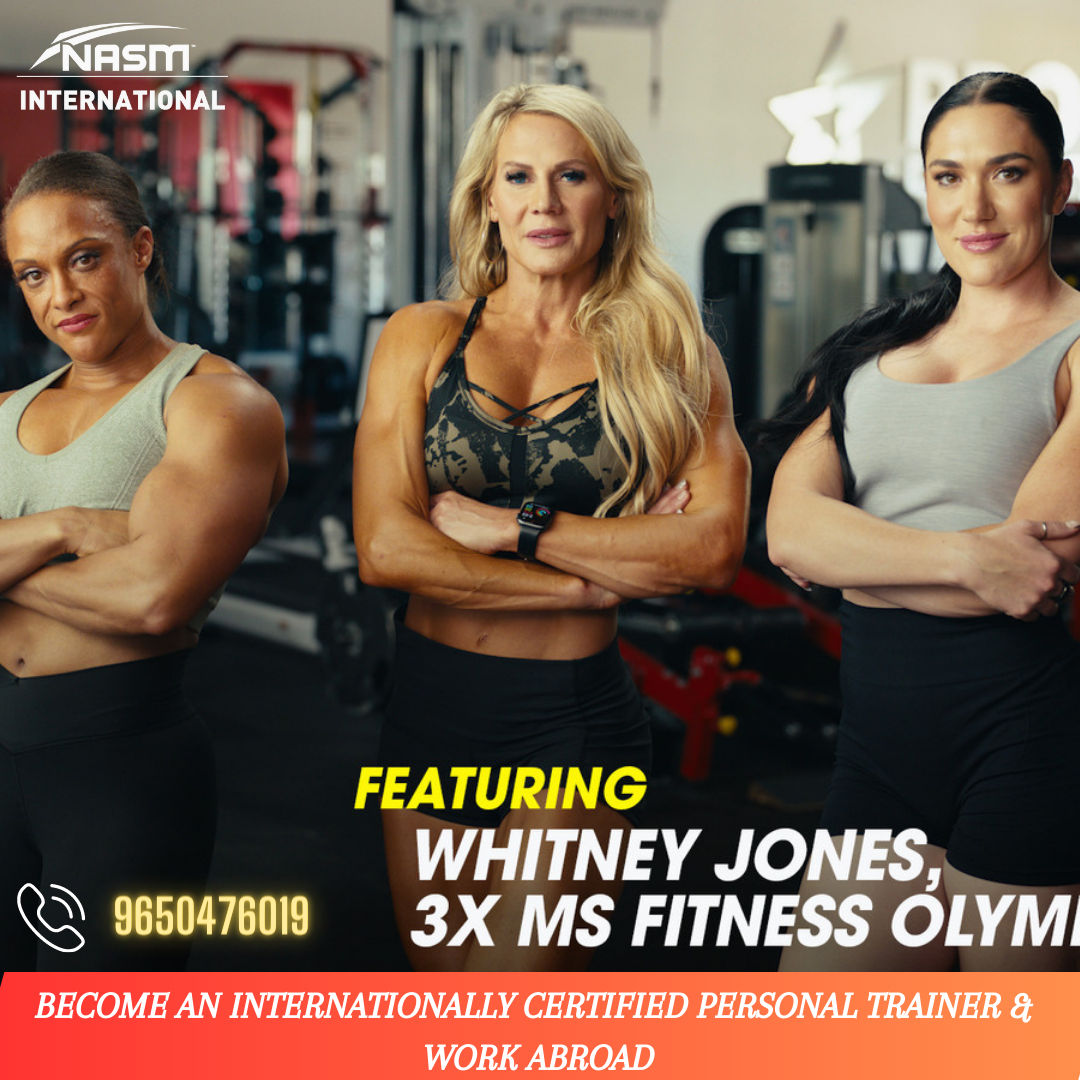PERSONAL TRAINER COURSE FOR BEGINNERS
Personal Trainer Course for beginners is an exciting and rewarding endeavor. Whether you have a passion for fitness or a desire to help others lead healthier lives, a personal trainer course is an excellent starting point. This article will delve into the essential aspects of such a course, highlighting its importance, curriculum, benefits, and potential career opportunities.
Importance of a Personal Trainer Course for Beginners:

A personal trainer course lays the foundation for a successful career in fitness and wellness. Personal Trainer Course for beginners equips with the knowledge and skills needed to guide clients effectively on their fitness journeys. Understanding exercise physiology, nutrition, and client psychology is essential for tailoring personalized workout plans and ensuring clients’ safety. Most gyms and fitness centers require personal trainers to be certified. There are several reputable certifying organizations, such as:
- National Academy of Sports Medicine (NASM) from Fitness Cravers Academy, Delhi
- American Council on Exercise (ACE) from any authorised institution
- International Sports Sciences Association (ISSA) from Fitness Cravers Academy, Delhi
- National Strength and Conditioning Association (NSCA) from its affiliated partners
- Certified Strength and Conditioning Specialist (CSCS) from any authorised institution
Curriculum Highlights:
A Personal Trainer Course for beginners must include the following :
1. Basic Fitness and Anatomy Courses: Understanding the human body and how it functions is crucial for a personal trainer. Look for courses that cover topics like anatomy, physiology, and basic exercise science.
2. Exercise Science: Learning the science behind different types of exercises, their effects on the body, and how to create balanced routines.
3. Nutrition and Diet Courses: A good personal trainer should have a basic understanding of nutrition to provide clients with holistic guidance. Courses on nutrition and diet can be beneficial.
4. Client Assessment and Goal Setting: Being able to assess a client’s fitness level and set appropriate goals is crucial. Look for courses that teach assessment techniques and goal-setting strategies.
5. Program Design: Developing customized workout routines that align with clients’ goals, fitness levels, and any special requirements.
6. Behavioural Psychology and Coaching: Understanding how to motivate and coach clients effectively can greatly enhance your success as a personal trainer. Courses in behavioural psychology and coaching can be beneficial.
7. Safety and Injury Prevention: Learning how to prevent injuries during exercise and provide a safe training environment.
8. Communication Skills: Developing effective communication and interpersonal skills to build rapport and motivate clients.
9. CPR and First Aid Certification: Safety is paramount in a fitness environment. Obtaining CPR and first aid certification will equip you to handle emergencies if they arise.
10. Continuing Education: The fitness industry is always evolving. To stay current and enhance your knowledge, consider joining that institute providing various workshops, seminars, and webinars on new training techniques, research, and trends.

Points to consider in Personal Trainer Course for Beginners:
- Online/Offline/Blended Courses: Many academies offer courses and certifications in fitness and personal training with Online/Offline/Blended options. Choose as per your comfortability.
- Hard copy/Soft copy study material: Ask for the study material as per your convenience that can help you build a solid foundation.
- Research and choose a respected certification program that aligns with your goals. Some popular ones include NASM, ACE, ISSA, NSCA, and ACSM.
- Understand Different Training Approaches: Learn about various training methodologies such as strength training, cardiovascular training, flexibility training, and more. This knowledge will help you tailor programs to individual client needs.
- Gain Practical Experience: Practical experience is crucial. Consider the following options:
- Internship: Work as an intern at a gym or fitness center to gain hands-on experience and learn from experienced trainers.
- Develop Communication Skills: Personal Trainer Course for beginners need strong communication skills to effectively convey information, motivate clients, and provide guidance. Practice active listening and clear communication.
- Build a Client Base: Once you feel confident, start building your client base. Networking, word-of-mouth referrals, and social media can help you find potential clients.
- Stay Updated: The fitness industry is always evolving. Stay current by reading fitness journals, attending workshops, and keeping up with the latest research and trends.
- Legal Considerations: Depending on your location, there might be legal requirements for personal trainers, such as liability insurance. Make sure you understand and comply with these regulations.
- Market Yourself: Develop a strong online presence through social media, a professional website, and blog posts about fitness and health. Highlight your expertise and showcase client success stories.
- Practice Professionalism: Treat your personal training career as a professional business. Be punctual, respectful, and ethical in your interactions with clients.
Remember that success as a personal trainer takes time and dedication. Your passion for helping others achieve their fitness goals will be a key driver in your journey.
Benefits of a Personal Trainer Course for Beginners:
1. Expertise: Acquiring in-depth knowledge about fitness, nutrition and training techniques.
2. Credibility: Completing a recognized course enhances your professional credibility and clients’ trust.
3. Adaptability: Learning to create versatile workout plans for clients with varying goals and fitness levels.
4. Safety: Understanding how to prevent injuries and provide proper guidance reduces clients’ risk of harm.
5. Customization: Gaining the ability to tailor workouts to individual needs, goals, and limitations.
6. Career Opportunities: Opening doors to employment at cruise ships, hotels, gyms, fitness centers, wellness retreats, and private training studios.
Career Opportunities:
A Personal Trainer Course for beginners opens up various career paths:
1. Gym Trainer: Working at fitness centers, helping clients achieve their fitness goals in group or one-on-one settings.
2. Freelance Trainer: Building a personal brand and offering training services independently to clients.
3. Specialized Trainer: Focusing on specific niches like sports performance, post-rehabilitation training, or senior fitness.
4. Online Coach: Providing virtual coaching and guidance to clients through online platforms.
5. Corporate Wellness: Working with companies to promote employee health and wellness.
6. Hotels and Hospitals: Various hotels and hospitals recruit personal trainers in order to promote fitness in their set ups.
7. Cruise Ships: With a handsome package, personal trainers are working in cruise ships thereby training clients and building good rapport.
Conclusion:
Personal Trainer Course for beginners is a transformative step towards a fulfilling career in fitness. Through a comprehensive curriculum, beginners gain the knowledge and skills necessary to guide clients effectively on their fitness journeys. The benefits of learning about human body science along with exercise science make this journey both rewarding and impactful. Whether in a gym, as an independent trainer, or in specialized fields, a personal trainer’s role positively influences individuals’ lives, helping them achieve their health and fitness aspirations.
